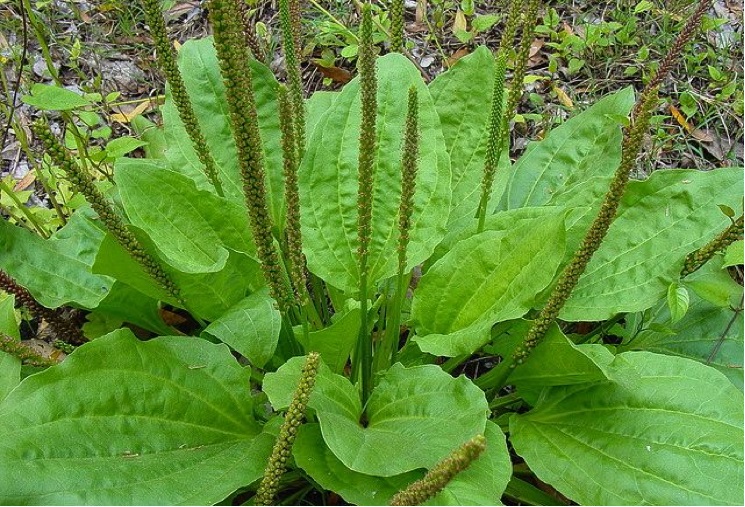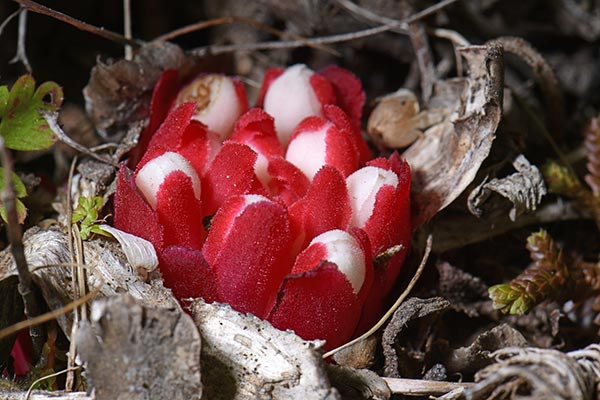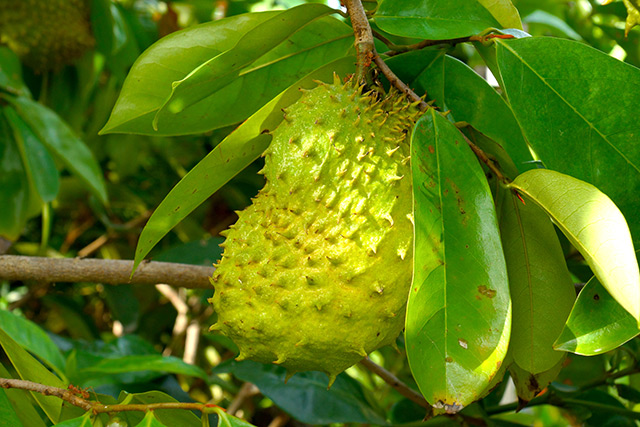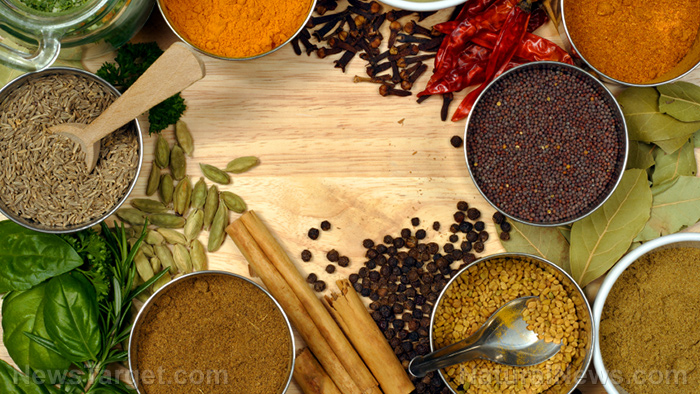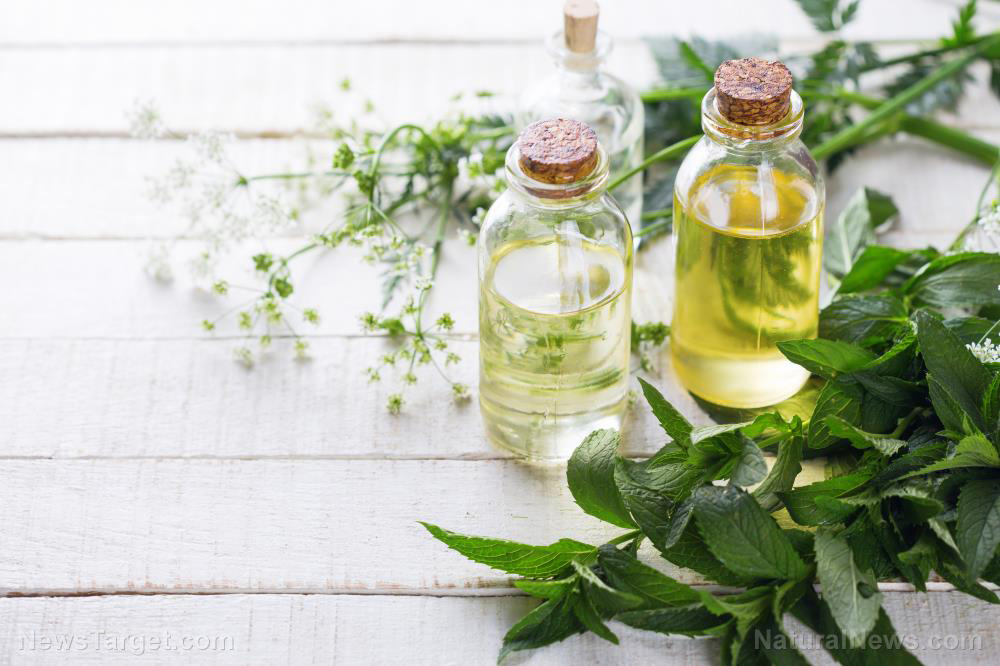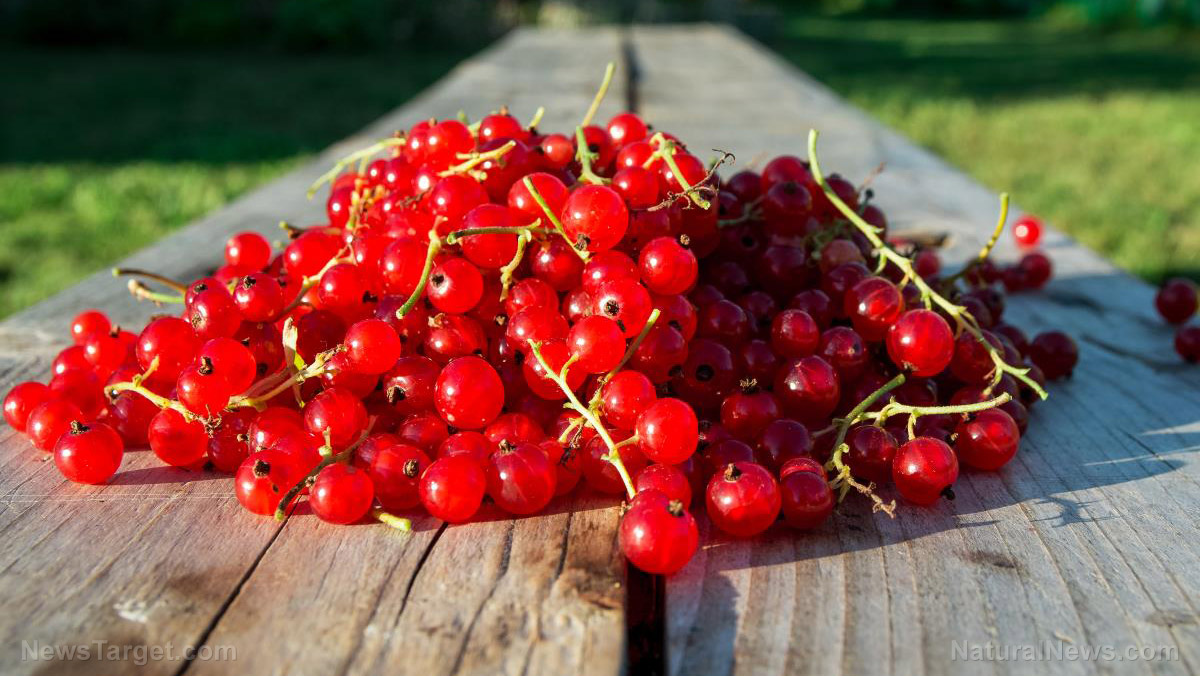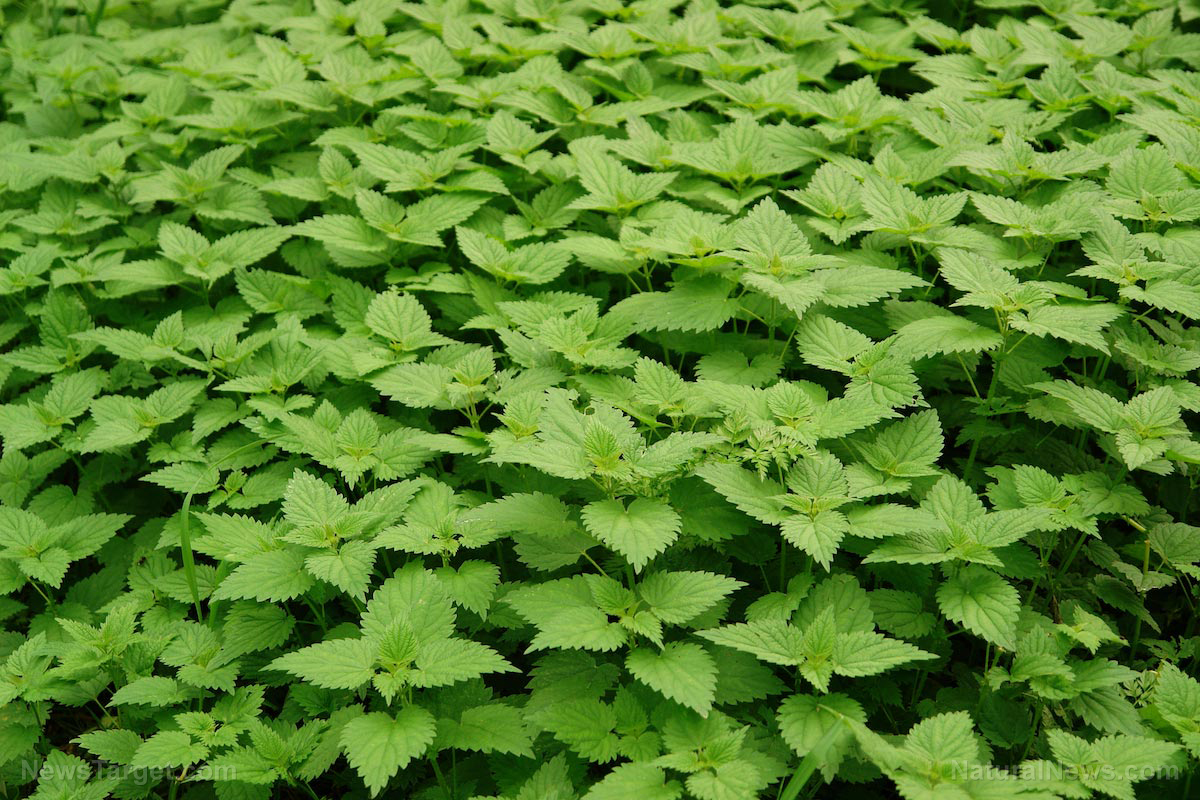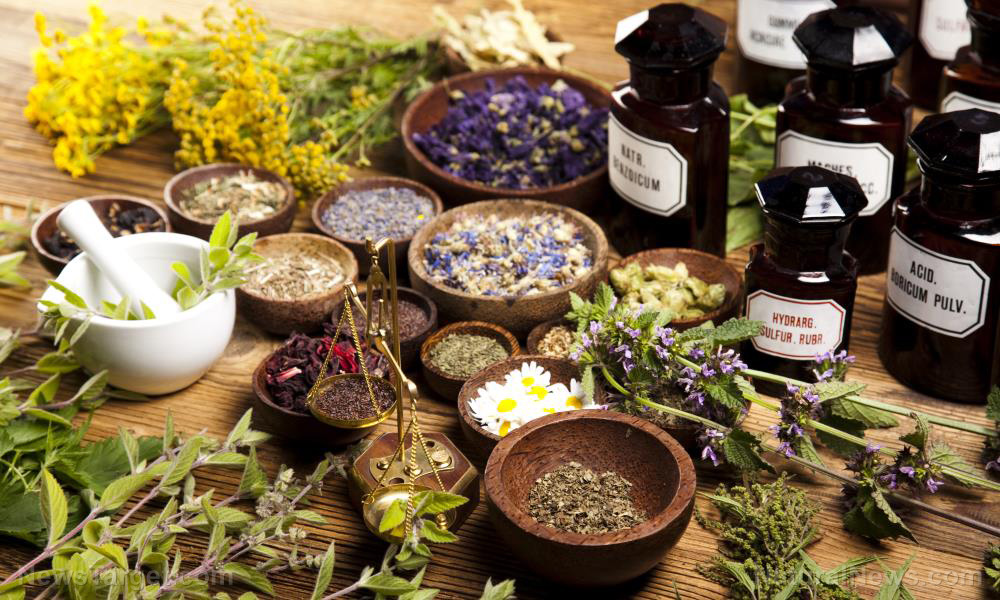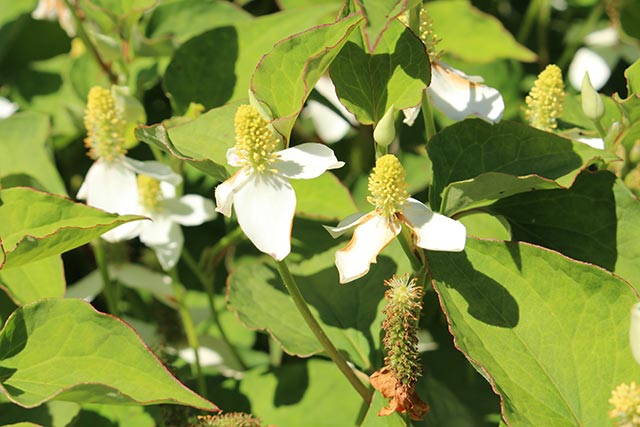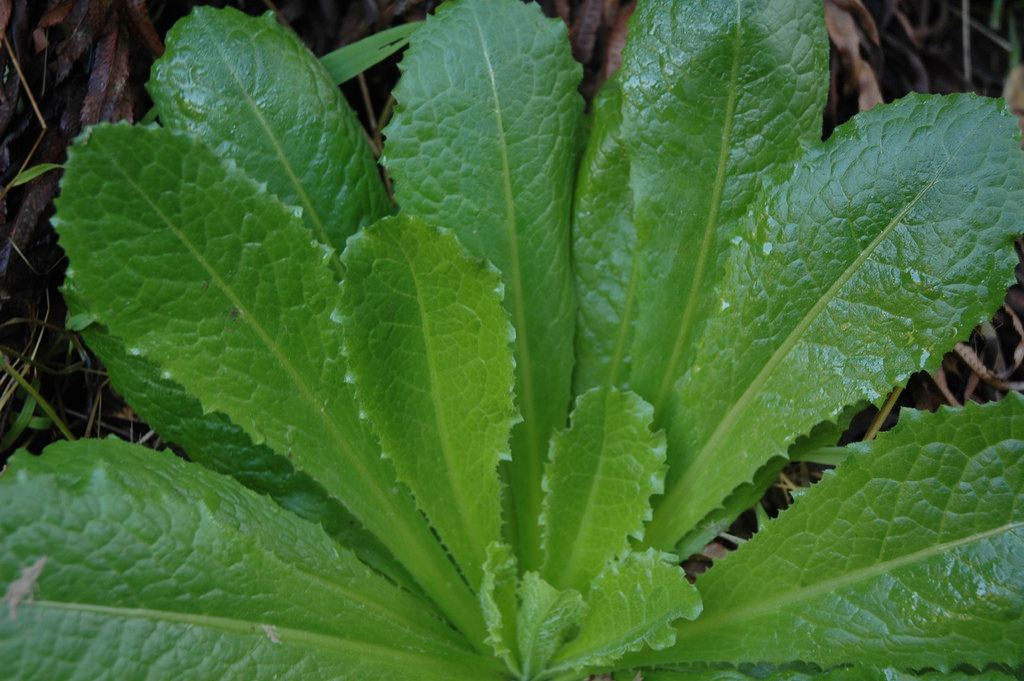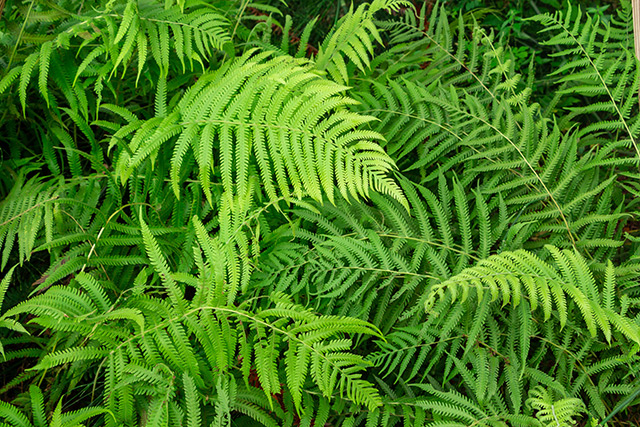Ancient Egypt got it right with peppermint: Here are 15 conditions it can treat
12/27/2019 / By Edsel Cook

Ancient Egyptians and other peoples from early times relied on peppermint as herbal medicine. Today, the medicinal plant enjoys scientific confirmation of its ability to heal many conditions, 15 of which will be covered today.
Peppermint belongs to the aromatic mint family. Its cousins likely fill the cupboard in the kitchen. The mint itself usually serves as a flavoring agent or herbal tea. Several Egyptian pyramids contained dried peppermint leaves that dated back to 1,000 B.C. The ancient Greeks and Romans also used peppermint and its relatives as herbal medicines. Related: Peppermint oil can help relieve chest pain after eating.)
Peppermint oil improves the symptoms of health conditions
Many of the studies conducted on the medicinal properties of peppermint involve gastrointestinal diseases. The plant displayed considerable effectiveness in treating many health issues in the stomach and gut.
First on the list is irritable bowel syndrome (IBS). The increasingly prevalent disease responds well to peppermint oil capsules. Child patients with IBS who took peppermint oil experienced less pain within two weeks of treatment. In kids with non-serious constipation or diarrhea, the essential oil alleviated the typical symptoms of the disease and made their lives more comfortable by reducing pain. Peppermint oil reduced the severity of IBS symptoms by 50 percent. It also relieved abdominal pain in patients with diarrhea-predominant IBS.
Next is a condition called colonic spasming. Giving peppermint oil to patients during barium enemas reduces the severity of spasms.
Third, peppermint improves the gastric emptying process. Taking it may help people suffering from functional gastrointestinal disorders.
Fourth, it alleviates functional dyspepsia. A 2000 investigation by researchers at the Instituto de Medicina Integral Prof. Fernando Figueira (IMIP) showed that a mixture of peppermint and caraway oil improved the symptoms experienced by 67 percent of the participants.
Infantile colic is the fifth gastrointestinal disease that may get treated with peppermint. The herbal medicine achieves similar or superior levels of effectiveness at treating babies with colic.
Peppermint prevented halitosis and dental caries. During the Middle Ages, people ground up the plant’s leaves. The powder whitened teeth and improved the smell of their breath. Further, the essential oil from peppermint stopped Streptococcus mutans from forming biofilm in the mouth. It performed better than chemical mouthwash in preventing the development of dental caries.
Breastfeeding mothers will want to drink peppermint water. The solution prevented their nipples from cracking and experiencing pain while nursing their babies.
Peppermint possessed anti-inflammatory properties. A 2001 study by Russian researchers showed that inhaling its essential oil regressed the inflammation caused by pulmonary tuberculosis.
Peppermint alleviated the nasal symptoms of allergic rhinitis. Extracts taken from the leaves stopped the release of histamine, thus reducing the severity of hay fever.
People who need to sharpen their alertness and memory might take a sniff of peppermint to energize themselves.
Applying peppermint oil to the skin helped reduce any pain in that region. When used by patients with post-herpetic neuralgia, it rapidly improved the pain associated with shingles.
Peppermint also treated oral herpes. Testing showed that it inhibited the activity of the herpes simplex virus type 1. The herbal medicine succeeded in shutting down the drug-resistant virus.
Peppermint oil also decreased nausea stemming from chemotherapy. It cost much less than the pharmaceutical drug used for nausea treatment.
The menthol found in peppermint possessed potential as a natural anti-cancer compound. A study found that menthol stopped the growth of prostate cancer cells.
Finally, people concerned about the dangers of radiation might use peppermint for protection. Mansoura University researchers showed how it shielded DNA and cells from harmful radiation.
Sources include:
Tagged Under: alternative medicine, ancient remedies, essential oils, gastrointestinal diseases, herbal medicine, medicinal plant, natural medicine, peppermint, Peppermint Oil, remedies
RECENT NEWS & ARTICLES
PlantMedicine.News is a fact-based public education website published by Plant Medicine News Features, LLC.
All content copyright © 2018 by Plant Medicine News Features, LLC.
Contact Us with Tips or Corrections
All trademarks, registered trademarks and servicemarks mentioned on this site are the property of their respective owners.





